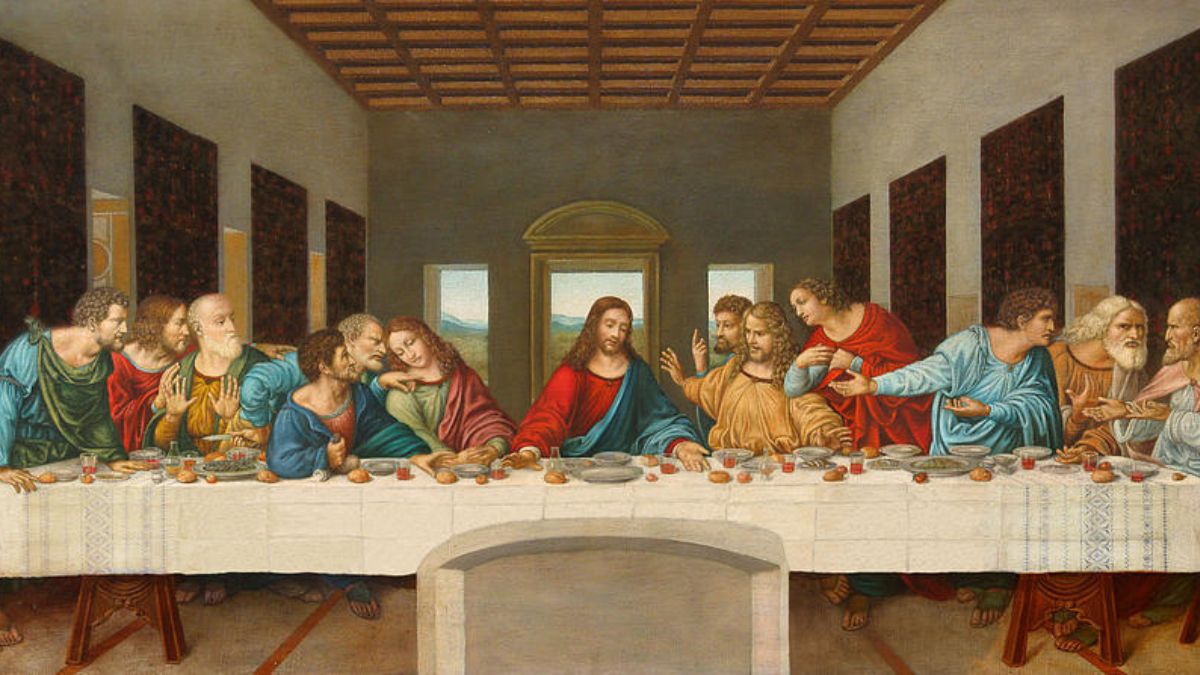

BreakPoint
Berkeley’s ‘Naked Guy’
After haggling for six months, officials at the University of California in Berkeley finally decided to expel the "Naked Guy"—a student named Andrew Martinez who's been coming to class stark naked. Since last fall, Martinez has come to campus wearing nothing but a house key on a chain around his neck. He says his goal is to make a philosophical statement. He wants to teach people that clothes have absolutely no use—that they're just "a form of cultural repression." To spread his philosophy, Martinez organized a nude sit-in on campus. Twenty-five students joined him in baring all, decorating their bodies with fluorescent paint. For most Americans, this is going too far. But the "Naked Guy" is merely the vanguard in an alarming trend. Nudism is rapidly going mainstream. Vanity Fair magazine has featured a naked Demi Moore on its cover—not once but twice. Calvin Klein features topless models in its ads for jeans. Last fall a New York Court of Appeals decreed the right of women to go topless in city parks. And in a suburb of Washington, D.C., a heated battle is being fought over whether a local theater can allow nudity in a play. Why is this happening? Fred Elkind, a professional trend watcher, says the country is becoming more conservative on economic issues but more liberal on social issues. Like Berkeley's "Naked Guy," many Americans have forgotten the reason behind our social mores. Even such common-sense conventions as wearing clothes are being questioned. Beyond simple utilitarian reasons—like keeping warm—people no longer remember why these social rules were established in the first place. As Christians we face a massive task of education: We need to teach people the reasons for social rules like modesty. The biblical teaching on modesty goes back to the beginning, when God first created human society. When Adam and Eve were created, Genesis tells us, they were naked without any sense of shame. But when they fell into sin, that changed. Suddenly being naked made them feel vulnerable. Notice that God didn't try to change their feelings: He didn't tell Adam and Eve to free themselves from their hang-ups and repressions. Instead He fashioned coverings for them; He reinforced their newfound sense of modesty. Genesis is teaching us that in a fallen world modesty is an expression of respect and restraint. Privacy is a form of protection. It gives us the freedom to choose the people we want to associate with intimately. It permits us to keep full self-disclosure within the protection of the loving, committed relationship of marriage. Even students at Berkeley sense this instinctively. When the "Naked Guy" took to walking around campus naked after dark, he frightened some of the female students. When imposed on people unwillingly and uninvited, nudity is a form of aggression. It breaks down social boundaries that normally act as a protection. This ought to be common sense. But in today's "anything goes" society, even the most fundamental social conventions have to be justified. To paraphrase Dostoyevsky, without God, everything is up for grabs.
02/5/93















